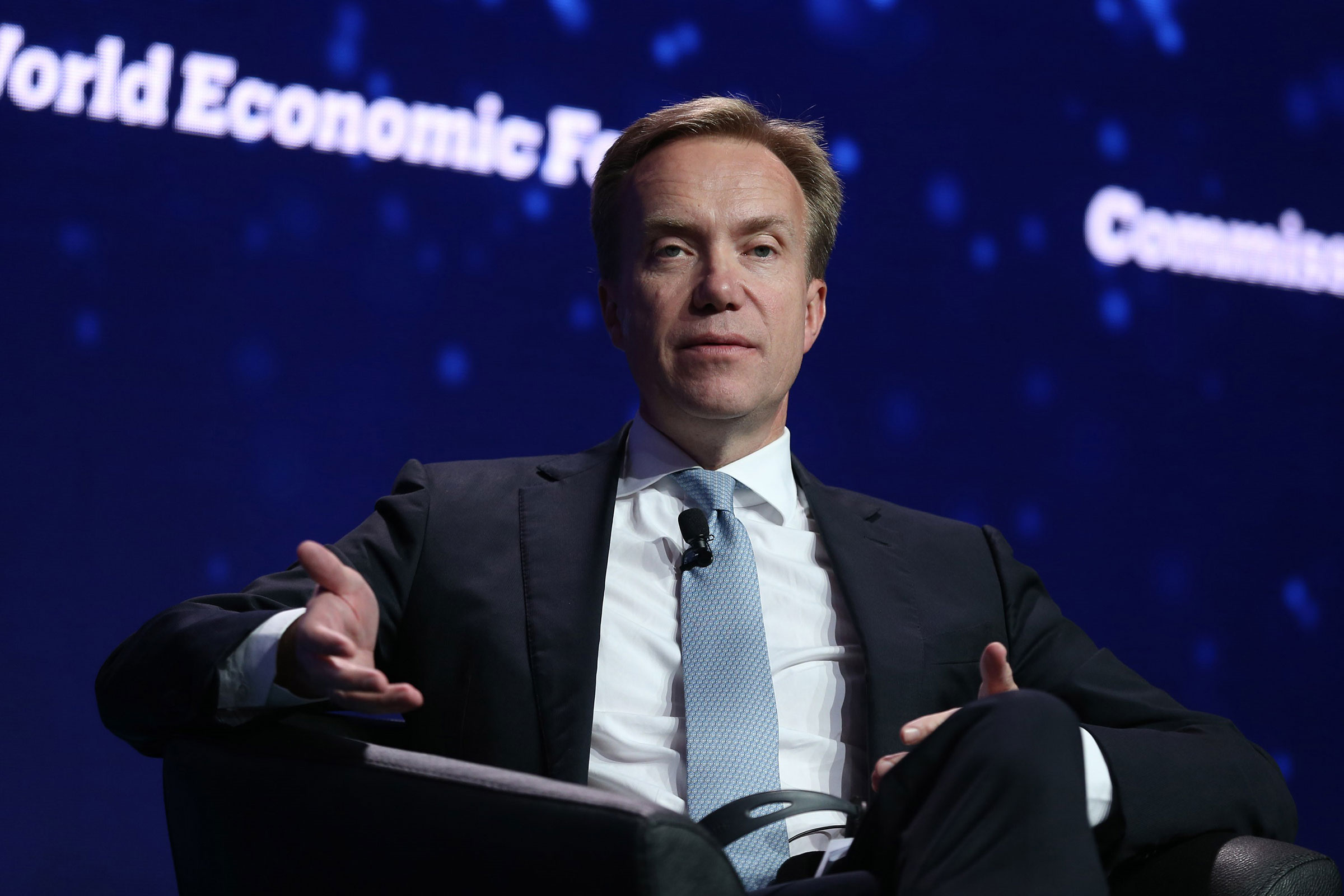The theme for Davos this year is “History at a Turning Point.” Could you describe what kind of turning point that is?
We are probably in the most challenging geopolitical and geo-economic situation in decades. The challenges we will discuss at Davos are climate change, the war in Ukraine, and making sure the pandemic recovery doesn’t end in a contraction. Global challenges need global solutions, but global solutions are more difficult than ever because of the polarization among the big powers.
What role does the WEF see itself playing in resolving those tensions?
Many of the most pressing challenges can benefit from a multi-stakeholder approach. In Davos, we will make sure, for example, on climate change, that we have the big companies of the world committing to going net-zero by 2050 through the CEO Climate Alliance. We are also getting the big companies of the world, what we call the First Movers Coalition, to commit to green their supply chains. This is the Apples and the Amazons of the world saying to their suppliers: if you don’t reduce your CO2 footprint, we will just not buy from you.
A weekly newsletter featuring conversations with the world’s top CEOs, managers, and founders. Join the Leadership Brief
Vladimir Putin has addressed the WEF many times. Russian oligarchs, many of whom have now been hit by sanctions, regularly threw lavish parties at Davos. Will any of them be welcome ever again?
We don’t have any Russian companies in Davos this year, nor any sanctioned people. We will have a big focus on the totally unacceptable war in Ukraine. When we’re in the middle of a war, it’s very hard to think about what the situation will be in the future, but with the way we’re seeing Russia acting? No. With the current approach, I don’t see any kind of potential rapprochement in the years to come, unfortunately.
During the pandemic there has been a surge in global wealth inequality. Is that healthy for the world?
The short answer is no. For the first time in two decades, we are now seeing an increase in the amount of people living in extreme poverty, ending a period of historic poverty eradication.
What’s the best way to redress that inequality?
For developing countries and emerging economies, the past three decades have definitely been very positive in the sense that they have given them unique opportunities. That economic model is something that we will have to try to continue. But the growth has to be more inclusive and sustainable. Inside countries, this is a domestic issue that can and should be addressed with tools such as redistribution and taxes. In my view, rising inequality is challenging the legitimacy of the social market economy.
Read More: Planet Earth’s Future Now Rests in the Hands of Big Business
Do you see rising polarization as an outcome of this increase in inequality?
[Inequality] is definitely part of the reason, exacerbated by social media. In the beginning, social media was a way for ordinary people to have more say with leaders. But for some state actors and other people with a clear agenda, using social media is a low-cost way of creating conspiracy theories.
Rising inequality is challenging the legitimacy of the social market economy.
The theme of Davos last year was “The Great Reset,” which spawned lots of conspiracy theories. What did you learn from that experience about communicating your message?
It’s very unfortunate. I’m flabbergasted. The Great Reset was really about using the post-COVID situation as a way of getting it right when it comes to growth, inclusiveness, and climate change.The planet is burning. We can’t stop talking about business’s responsibility for taking care of the environment. We will not change that message because some people on the fringes are spinning this into something bad when it’s really the right medicine forgetting the planet back on track. But we might have to fight back tougher in the future.
- The 100 Most Influential People of 2024
- Coco Gauff Is Playing for Herself Now
- Scenes From Pro-Palestinian Encampments Across U.S. Universities
- 6 Compliments That Land Every Time
- If You're Dating Right Now, You're Brave: Column
- The AI That Could Heal a Divided Internet
- Fallout Is a Brilliant Model for the Future of Video Game Adaptations
- Want Weekly Recs on What to Watch, Read, and More? Sign Up for Worth Your Time
